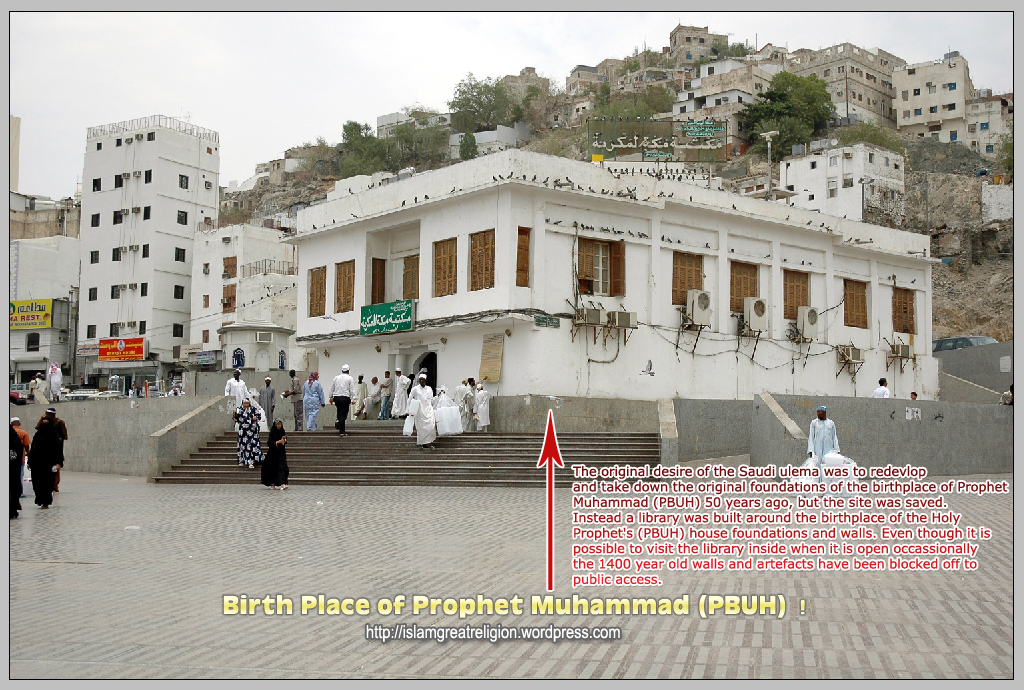Sexual harassment in Saudi Arabia up by 11.4% in 2016
A recent field study conducted by the “Institute for International Research”, a Canadian institute specializing in research and field studies in economic, political, and social fields, has revealed that sexual harassment in Saudi Arabia has increased 11.4% in 2016, compared to 2014.
The study, in which 120 thousand women from 49 countries took part in, found that there has been a sharp increase in those countries which also include Saudi Arabia, Sudan, Benin, Mali, Mauritania, and Uganda.
The study, in which 120 thousand women from 49 countries took part in, found that there has been a sharp increase in those countries which also include Saudi Arabia, Sudan, Benin, Mali, Mauritania, and Uganda.
The study, which chose 15 thousand women from Saudi Arabia, found that 37% were subjected to verbal
sexual harassment, 34% to ogling, 36% to “numbering”, in which the harasser attempt to give his victim his phone number, and 25% to unwanted physical contact (touching parts of the body).
According to the study, the age of the women participating in it ranged between 12 to 38 years. Women were also harassed regardless of whether they were made-up or not, indicating that the predator does not care for the kind of victim.
The study shows that harassment in Saudi Arabia is much higher than countries less developed in terms of economy and security. Furthermore, this study only took into account Saudi women, and not foreign women residing in Saudi Arabia as there is need for another study that shows how these women are harassed in the kingdom. These women live under painful and difficult conditions working as maids, whose guarantors (kafeel) to harass them however they wish, and the law does not protect them.
4118 Saudi women came forth with sexual harassment charges in 2016 according to the Saudi Justice Ministry. 78% of the women taking part in the Institute for International Research’s study also believe that the real numbers of sexual harassment in Saudi Arabia are much higher than the ones declared by the government, because women are afraid of being beaten, violated, or of the negative way they may be viewed by their husbands, or by society, as coming forth to court to register such a charge is considered to be “sacrificing one’s honor.”
Harassment cases in 2016 were at 7.6/day according to official and non-official sources; meanwhile the Saudi Justice Ministry blames the foreigners for these numbers, whereas human rights organizations state that the harassment cases for which foreigners are guilty constitute only 19% of the cases. Reuters had published a report in 2014, placing Saudi Arabia in 3rd place among 24 countries in worksite sexual harassment cases, stating that 16% of women working in Saudi Arabia have been sexually harassed by their superiors at work. 92% of Saudi women have been harassed in one form or another according to a series of studies by Saudi researcher Noura al-Zahrani.
Saudi Arabia has no laws that protect harassed women, and most laws favor the men. Many extremist Wahhabi scholars such as the Kingdom’s Mufti Abedlaziz al-Sheikh and Sheikh ‘A’ed al-Qarni, Mohammad al-Arifi, and others, have stood against any attempts at reform for Saudi women, including the anti-harassment bill that was discussed a few years ago in the Shura council, and was later abandoned due to extremists rising against it saying “it helps spread the concept of intersex mingling in society.”
Saudi scholar Abdullah Dawood launched in May 2013 the “#Harass_Cashiers” hashtag, through which he called for harassing female employees and saleswomen in clothes shops; however he was not tried for his statements that violate humane and international laws.
#YOU CAN SEE MORE VIDEO FORM HERE













